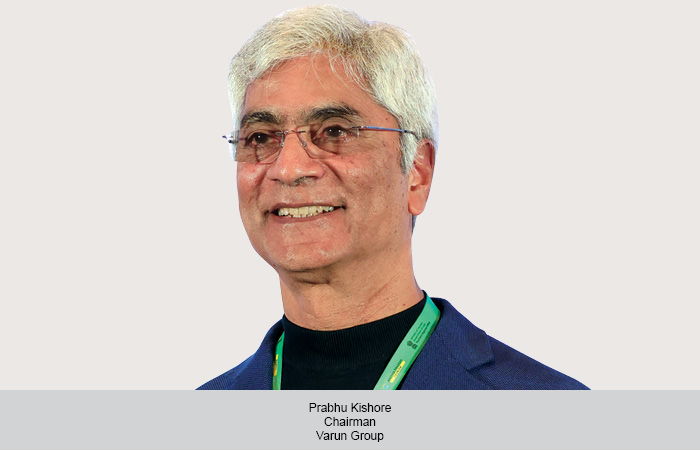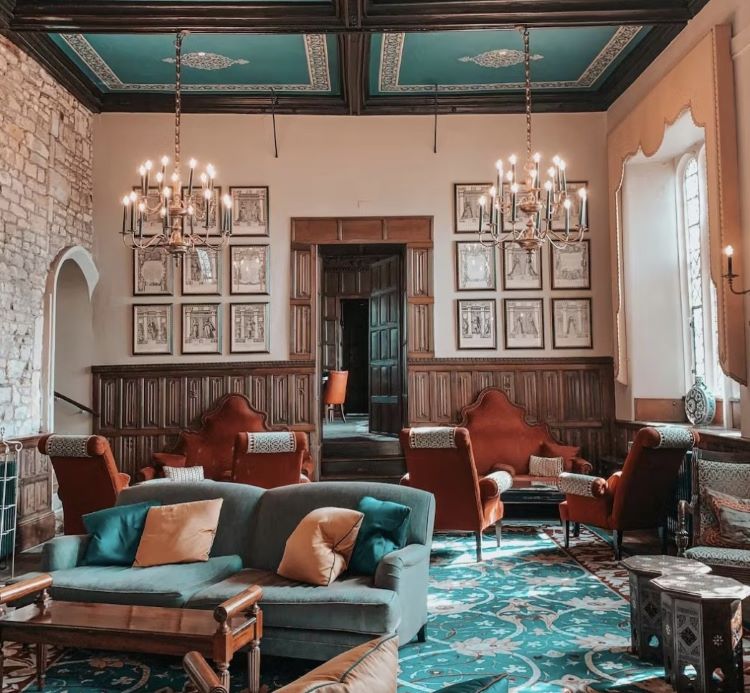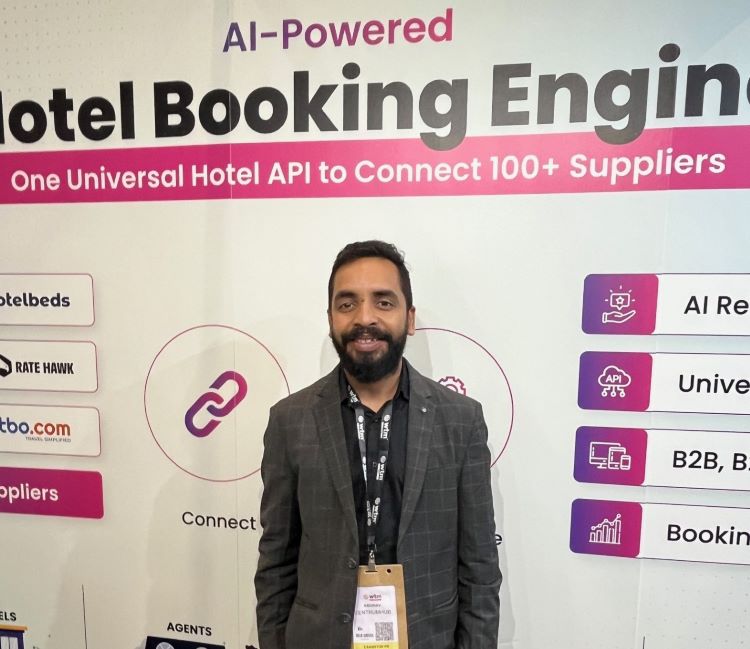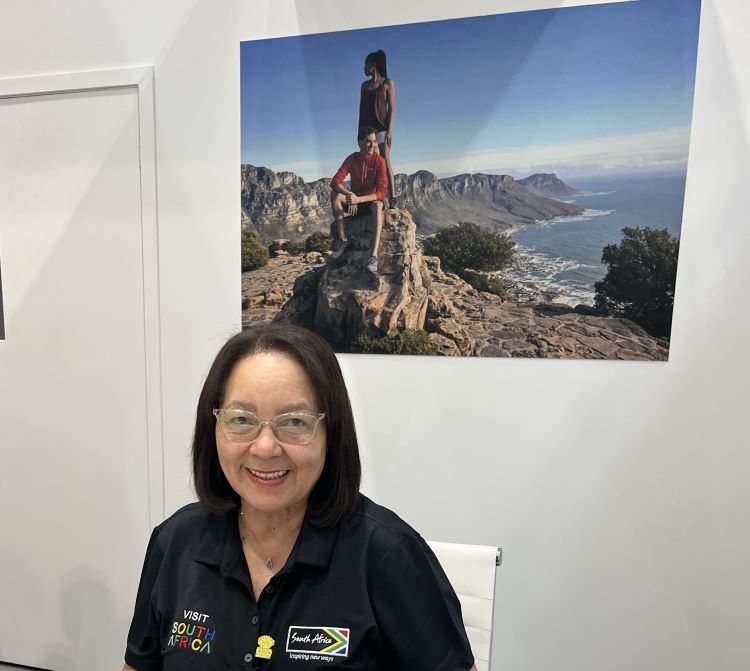V Prabhu Kishore, Chairman, Varun Group, delves deeper into the owner-operator paradigm of hotels in a management contract, and says that it’s important for international brands to understand Indian hospitality sensibilities and tweak their ways accordingly. Among other factors, location is the most important thing for the success of a hotel, he says.
Nisha Verma
During the last few years, tier II and III cities of India have seen a huge surge in the development of hospitality units, especially owing to the surge in domestic travel post-COVID. V Prabhu Kishore, Chairman, Varun Group (Owner, Novotel Visakhapatnam Varun Beach), shares that there has been a lot of enthusiasm for hospitality in such markets. “Around 12 per cent of Indian jobs are created directly or indirectly by hospitality. It contributes beyond 5 per cent to the GDP.”
Owner’s view
When developing a hotel, there are many things that an owner needs to consider, but Kishore believes that minimalism is key when it comes to such investments. “As the legendary Late Mr Oberoi (Mohan Singh Oberoi, Founder of Oberoi Hotels & Resorts) said, location is the most important thing for the hotel. Gone are the days that you have flab in construction with chandeliers and opulent things. It’s important to make a good and practical product. A business traveller stays only for a night or two, as he is travelling most of the time. The same goes for a leisure guest. It’s important to make practical, easy to maintain properties and choose your location. Use materials which are extremely easy to maintain over long periods,” he advised.
He further suggested, “Even in the management of the hotel, try to be as frugal as possible so that the monthly Gross Operating Profit (GOP) would be better, instead of wasting money on unnecessary flamboyant things.”
Industry to remain buoyant
However, he agrees that the hospitality industry will continue its growth. “When people travel to a different city, they would like to stay in a hotel. Apart from regular business travel or leisure travel, there is temple tourism, pilgrimage tourism, health tourism, social tourism and wedding tourism. So, the spectrum has increased. The hotel occupancy is on account of different types of customers. Hence, based on the location, one can build a nice property and enjoy a good ARR and good RevPAR,” he said.
“RevPAR should be the scale on which the owner should measure the performance of his hotel. GOP is another important aspect. It doesn’t matter if you do `100 crore business and the GOP is 20-25 per cent. It is a capital-intensive industry, and one must be careful. We should not go for face or glamour. We must prefer business and profit. In fact, even flamboyance should translate into convenience for the guests,” he added.
Owner-operator dynamics
Speaking on the relationship between brand operator and the owner, he said, “It’s a 50-50 relationship. The owner invests a lot of money, his blood and sweat into the property. He pays a lot of interest, and the properties are getting delayed in implementation. There is overrun, which leads to a lot of pain for individual owners to make a 100-200 rooms hotel, unlike big hospitality corporates. Therefore, it’s important that the brand owner and the hotel owner treat each other on equal footing, respect each other and the relationship. There will always be some hiccups or hurdles between them. However, those can be ironed out by discussion, communication with mutual respect. Hence, no one-upmanship should come into play between the two players.”
Choosing the right operator
According to Kishore, building a property and choosing the right person to operate it is equally important. Citing an example from his personal experience, he said, “We had lots of discussions with Accor in 2008-09. They had their point of view and I had mine. However, we ironed out and signed with Accor. Thereafter, the relationship has been extremely smooth, cordial and mutually respecting.”
Highlighting another important point, he said that operators coming from Europe, Americas, or Hong Kong and Singapore in the East bring with them their own learnings. Those learnings in terms of product might not be best suited for Indian conditions and tradition. “Therefore, the operator should also tweak and make things acceptable for the Indian conditions, owners and guests,” he advised.
Kishore said that the adoption to Indian ways must continue even after the hotel is operational. “Even after the product is made, the operator needs to adopt to Indian requirements, whether it’s F&B or other operations. Indian owners are passionate about their property. It’s not easy for them to give their property to another operator after spending `100-300 crore,” he said.
 TravTalk India Online Magazine
TravTalk India Online Magazine





